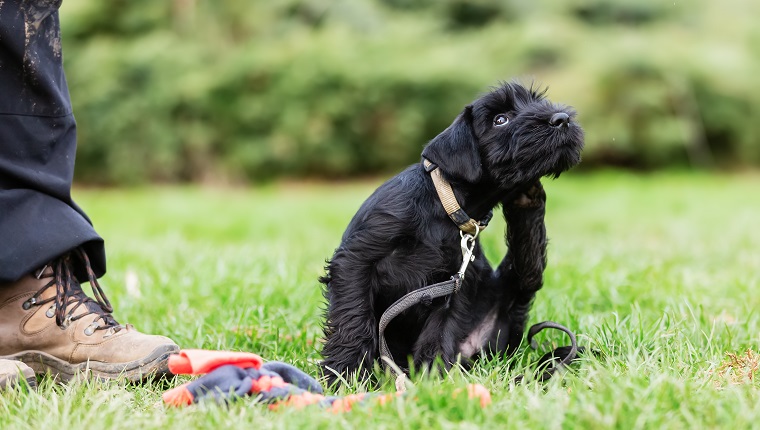DogSpeak is a series that translates canine behaviors so that we can better understand and communicate with our dogs. When a dog scratches, we pet parents often scratch, too! We scratch our heads wondering what’s causing our dogs to itch.
Is it fleas? Do they have skin irritation? Maybe allergies?
Any of the above can cause your dog to become itchy,…









